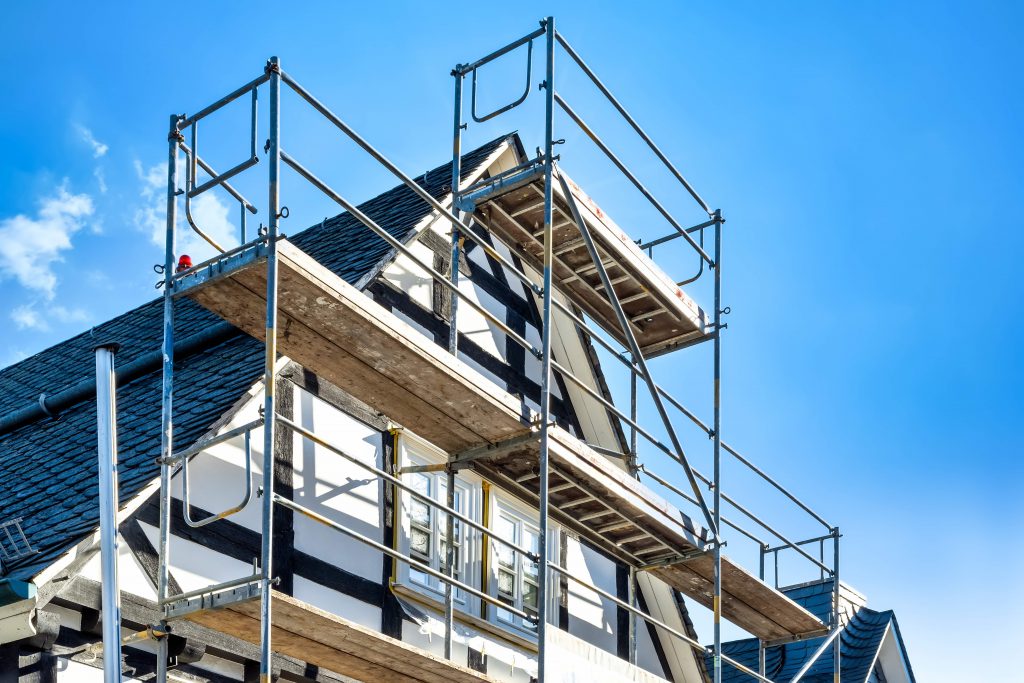Belgium, known for its rich history, diverse culture, and architectural marvels, is now making headlines for another reason: its commitment to energy renovation. As the world grapples with climate change and the urgent need for sustainable living, Belgium is taking significant steps to ensure its housing stock is energy efficient. Let’s delve into the current landscape of energy renovation across the country’s three main regions.

Flanders: Leading the Charge in Energy Renovation
Starting January 1st, Flanders has set the pace for energy-efficient housing. Buyers of properties with low energy performance (PEB) are now mandated to achieve a D energy rating within five years. But this is just the beginning. The region plans to tighten these requirements progressively over the years. For a comprehensive understanding of these measures, legal experts have provided detailed insights, ensuring homeowners and potential buyers are well-informed.
Wallonia: Setting Ambitious Energy Goals
Wallonia isn’t far behind in its energy renovation endeavors. From July 2026, property buyers in the region will be required to attain a D energy class within a five-year timeframe. But the ambitions don’t stop there. By 2031, the target shifts to a C energy class, followed by a B class in 2036, and ultimately, an A class by 2041. It’s essential to note that these regulations aren’t exclusive to new property owners. Landlords renting out their properties for the first time or those transitioning between tenants will also need to adhere to these standards.
Brussels Region: Aiming for a Future Free of F and G Classes
The Brussels Region has set its sights high, aiming to eliminate properties with F and G energy classes by 2033 entirely. The regional authorities are considering imposing energy renovations on all such properties, making PEB mandatory across the board. But the vision for Brussels is even more forward-thinking. By 2045, the region hopes to see no properties with D and E energy classifications.
What Does This Mean for Property Owners and Renters?
The evolving energy landscape in Belgium signifies a clear message: the future is green. Property owners, whether they’re looking to sell, buy, or rent out their properties, need to be aware of these regulations and plan accordingly. Investing in energy renovations not only ensures compliance with regional standards but also offers long-term benefits. Energy-efficient homes are more comfortable, have reduced utility bills, and contribute to a sustainable future.
For renters, these regulations mean living in homes that offer better comfort and lower energy costs. As more properties undergo energy renovations, renters will have a wider choice of energy-efficient homes to choose from.
In Conclusion, Belgium’s commitment to energy renovation is commendable. By setting clear goals and timelines, the country is paving the way for a sustainable future. Property owners, renters, and stakeholders in the real estate market need to stay informed and adapt to these changes, ensuring Belgium’s housing stock is not only beautiful but also energy-efficient.

 Open Immovlan
Open Immovlan